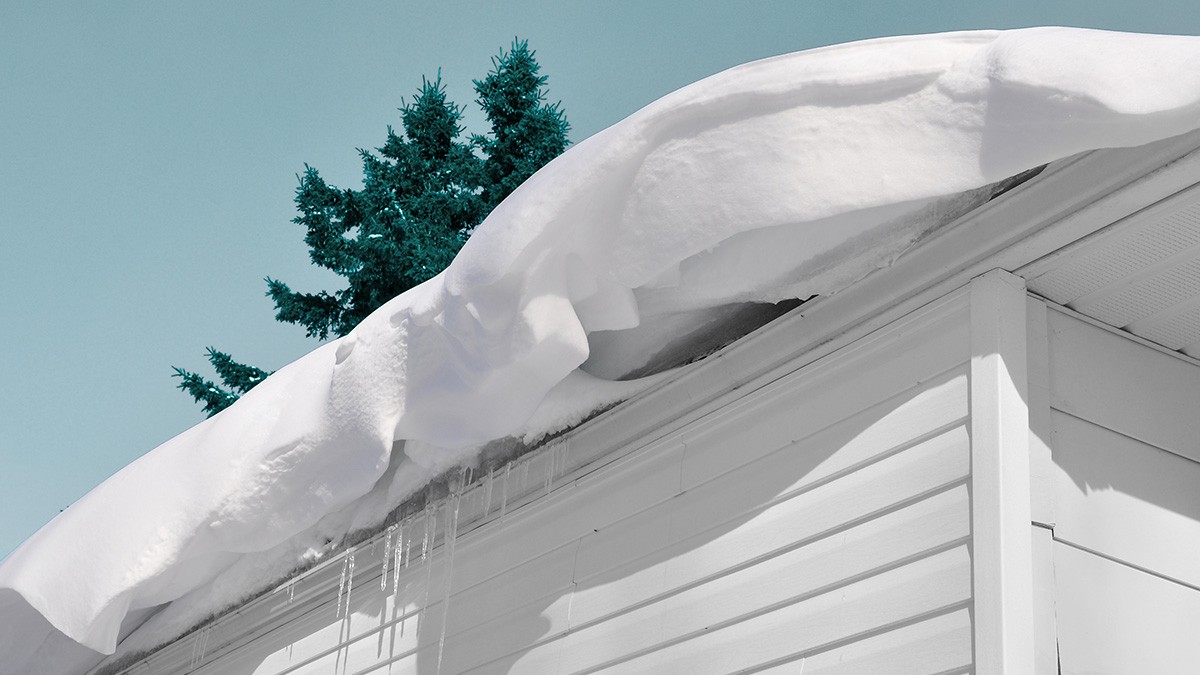
Roofing contractors have an incredible opportunity to generate new customers - and the best way to do this is to gather customer reviews. This strategy has many benefits, including higher conversion rates and better Map Pack rankings. Reviews not only help you gain more exposure and leads but also build your online reputation, and establish trust with your target audience.
Written estimates
It is important to get written estimates before you hire a roofing contractor. It will help you decide the type and amount of work you need. A written estimate can also help you avoid sticker shock when the contractor begins to work on your roof. After the job is done, you don't want an exorbitant bill.

It should include all details about the work and materials. The written estimate should specify the type and materials of roofing materials, as well as the nail sizes and types of fasteners. It should also indicate the locations for flashing. You should remember that the cheapest contractor might not be the best. They may only quote for shingles and forget about other details.
Scammers
When searching for a roofing contractor, scammers may be present. You should be aware of the most common red flags to look for before you hire someone. Contractors who want your money before they get started are one example. These scammers often use deceptive techniques to bilk unsuspecting homeowners. They may use false testimonials and promise to get your money before they have even started.
Another red flag is a company that uses a fake shingle or hailstone to fake damage. This will make their claims more credible. This will make it more expensive to have your roof repaired later. Scammers may also attempt to trick customers into paying a lower price or refusing to file insurance claims. The scammer can then steal your money before fleeing.
Scammers would love to claim your insurance policy
Scammers are using insurance policy loopholes to defraud homeowners in Southwest Florida. These scammers use a legal form called "assignmentof benefits" to convince homeowners they can handle their insurance claims. The scammers then increase the prices and leave homeowners in complete limbo.

Scammers also target unsuspecting homeowners by going door-to-door. To make their claims appear more legit, they pretend to be roofing contractors. Some even pretend to do roof repairs by ripping off shingles. This work could leave you without a roof, and it will end up costing you more in the long-term. Fraudsters are skilled at convincing homeowners to sign papers stating that they will not file insurance claims or charge them a low price for their services.
FAQ
What is the scope of my SCA?
Your SCA will detail the scope of work, including the time it will take, how many materials are needed, what equipment is required, and whether special permits are necessary.
Can I cancel my agreement at any time?
Yes. But you must do this within 14 calendar days of signing your contract. You may usually cancel your contract by writing notice at least seven working days prior to the date in your contract. But, you could still owe the contractor money if you give too little notice.
Are there any additional things I need to consider?
Yes. Check your local laws to see what types of projects are allowed and what conditions must be met. Some states require that you obtain council approval to build. Some states only require you to notify them about your plans. To find out their position on the matter, check with your local authorities.
Statistics
- (1) Ascertain the extent to that offers are based on the payment of overtime and shift premiums; and (2) Negotiate contract prices or estimated costs without these premiums or obtain the requirement from other sources. (acquisition.gov)
- Don't take their anger personally, they are mad about the situation 99% of the time. (activatemylicense.com)
- (ii) Name, address, and telephone number of each proposed first-tier subcontractor with a proposed subcontract estimated at $10 million or more. (acquisition.gov)
- While we offer all our high-quality services at competitive prices, we know that many who need our services are on fixed incomes, so we offer a 10 percent discount for seniors and military members. (homeservicecontractorsinc.com)
- (d) Contractor disputes related to compliance with its obligation shall be handled according to the rules, regulations, and relevant orders of the Secretary of Labor (see 41 CFR60-1.1). (acquisition.gov)
External Links
How To
What should a service agreement include?
An SA is a key component of any business relationship. It outlines what you expect from each other and how you will achieve this. It also outlines when and where the other party must fulfill its contractual obligations.
A successful SA must include these key elements:
-
Both parties agree on the scope of work and the services they require.
-
Payment terms details, including start date and expiration dates for goods/services.
-
A price agreed upon for the project.
-
Additional charges such as VAT and other fees may apply.
-
Whether there are other topics that require discussion.
-
Who will take care of the job if it goes wrong?
-
How disputes will be settled
-
What happens when one party breaks the contract?
-
What happens in the event of a dispute.
-
When does the contract come into effect?
-
What happens if one or both of the parties fail to perform.
-
How long can you wait to pay invoices
-
Who pays for things such as travel expenses?
-
Where the money comes.
-
What happens if the client decides to change his mind about the project.
-
What happens if the supplier isn't there?
-
Who has access during construction to the site?
-
What happens if the client cancels the project?
-
What happens if the product malfunctions?
-
What happens if the manufacturer refuses parts?
-
What happens if equipment fails?
-
What happens if the project is delayed?
-
What happens if the work isn’t completed within the stipulated time?
-
What happens to the project if it isn't up-to-standard?
-
What happens to the cost overruns?
-
What happens if materials are not delivered on time?
-
What happens if the material arrives damaged?
-
What happens if the products aren't up to standard?
-
What happens if the job has to be canceled?
-
What happens to the company if it goes bust?